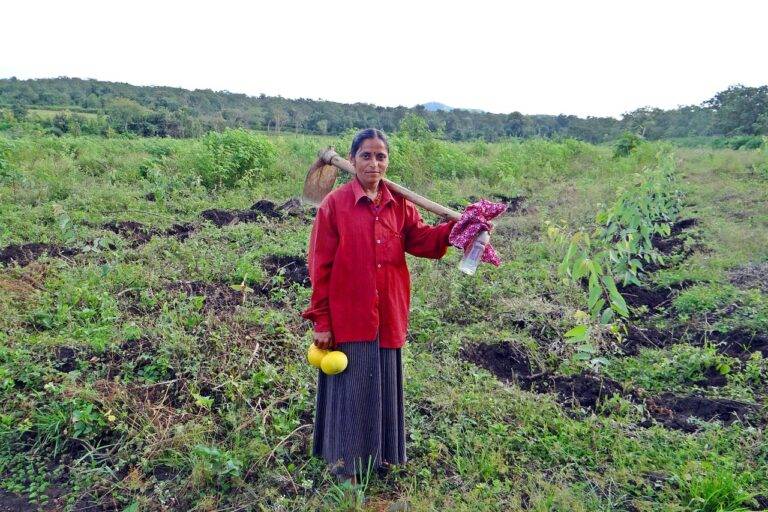The Role of Election Observers in International Elections
Election observers play a crucial role in upholding the integrity and transparency of the electoral process. One of their primary responsibilities is to monitor elections objectively and report any irregularities or violations they observe during the voting process. This includes ensuring that all eligible voters have the opportunity to cast their ballots freely and without interference.
Additionally, election observers are tasked with promoting public confidence in the electoral process by providing an unbiased assessment of the fairness and legitimacy of the elections. They are expected to adhere to professional standards of conduct and impartiality, maintaining independence from any political affiliations or interests that could compromise their objectivity. By fulfilling these key responsibilities, election observers help safeguard the democratic principles of free and fair elections.
Understanding the Importance of Impartiality in Election Observation
Impartiality plays a pivotal role in the credibility and effectiveness of election observation missions. Election observers must remain neutral and unbiased throughout the entire process to ensure the integrity of the electoral process. Without impartiality, the observations and findings of the mission may be called into question, casting doubt on the legitimacy of the election.
Maintaining impartiality requires election observers to set aside personal biases and opinions, focusing solely on factual evidence and observations. By approaching their role with objectivity and neutrality, observers can contribute to fostering trust among voters, political parties, and other stakeholders. Impartiality not only upholds the standards of transparency and fairness in elections but also protects the integrity of the democratic process as a whole.
The Process of Deploying Election Observers
Election observer missions are typically deployed following an official invitation from the host country’s government or electoral commission. Once the invitation is received, the international organization or group responsible for the observer mission will begin the process of selecting and training qualified observers. These individuals are chosen based on their expertise, experience, and commitment to neutrality and objectivity.
After the selection process is completed, the observers will undergo comprehensive training to ensure they are well-equipped to fulfill their roles effectively. This training often covers various aspects of election observation, including the legal framework governing elections in the host country, code of conduct principles, data collection methodologies, and communication protocols. Additionally, observers may receive briefings on the political context of the election, potential risks they may encounter, and how to handle challenging situations while maintaining impartiality.





